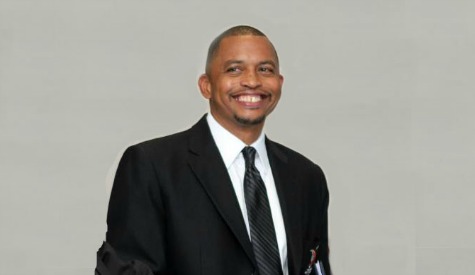July 2013: Since my election to the post of president of the Olympic Committee (TTOC), it has been a whirlwind of activity with no honeymoon period. The standard question I am asked is: “How has it been?” Truth be told it has gone very well indeed.
I have benefited no end from the guidance and example of past presidents such as Alexander Chapman, Douglas Camacho and Larry Romany and the mentoring of former TTOC secretary general Senator Elton Prescott.
Since 1946 a significant amount of time and energy has gone into building the Olympic Committee into a well-established and respected sport organisation with an impeccable reputation.
That it has been done on a volunteer and unpaid basis is to the eternal credit of all who would have made their contribution of time, energy, passion, experience, knowledge and skill.
As the TTOC focuses on the upcoming quadrennial there are new challenges and opportunities. Some of the issues facing the TTOC are old ones, some will be new and some haven’t as yet been envisaged.
But what remains through it all are the Olympic values, ideals and spirit and the principles of Olympism.
Each president may have their own style and way of seeing and doing things but the principles of Olympism must remain at the centre of it all.
In many ways it’s a balancing act to keep up with the times in order to carry out the mission and vision of Baron Pierre de Coubertin.
According to the Olympic Charter: “The goal of Olympism is to place sport at the service of the harmonious development of mankind everywhere. With a view to encouraging the establishment of a peaceful society concerned with the preservation of human dignity.”
The TTOC has always promoted Olympic values. What the TTOC has achieved to date provides the organisation with the strength and confidence to reach higher.
It can be problematic promoting high performance sport and sport for all as there are obvious and not so obvious contradictions that on the surface appear difficult to reconcile.
The focus of elite and high performance sport is to achieve the winning edge, while sport for all is about the enjoyment of participating in sport and physical activity.
To most people elite sport is associated, increasingly, these days with doping, illegal betting, match fixing etc.
As win at all cost seems to be the only objective as against the stated intention of sport for all.
It is a challenge but not an insurmountable one. Striving for excellence, respect, honesty, fair play and friendship are values that remain constant at both ends of the sport continuum—Elite and Sport for all.
Recently, I made the public pronouncement that a national objective for Olympic sports of ten gold medals by the year 2024 should be set.
This covers the Rio 2016, 2020 and 2024 Olympic Games.
The impression in some quarters seemed to be that I was stating that the TTOC should place an emphasis on elite sport and the winning of medals.
For the avoidance of doubt, I am stating that we must set measureable and high goals in respect of the elite/high performance cauldron of Olympic sport.
What I am not saying is that it is or should be at the expense of sport for all and the principles of Olympism, the Olympic ideals, values and spirit.
The challenge of balancing the two—elite/high performance and the promotion of Olympism through sport for all is there to be met. By: Brian Lewis


Leave a Reply
You must be logged in to post a comment.